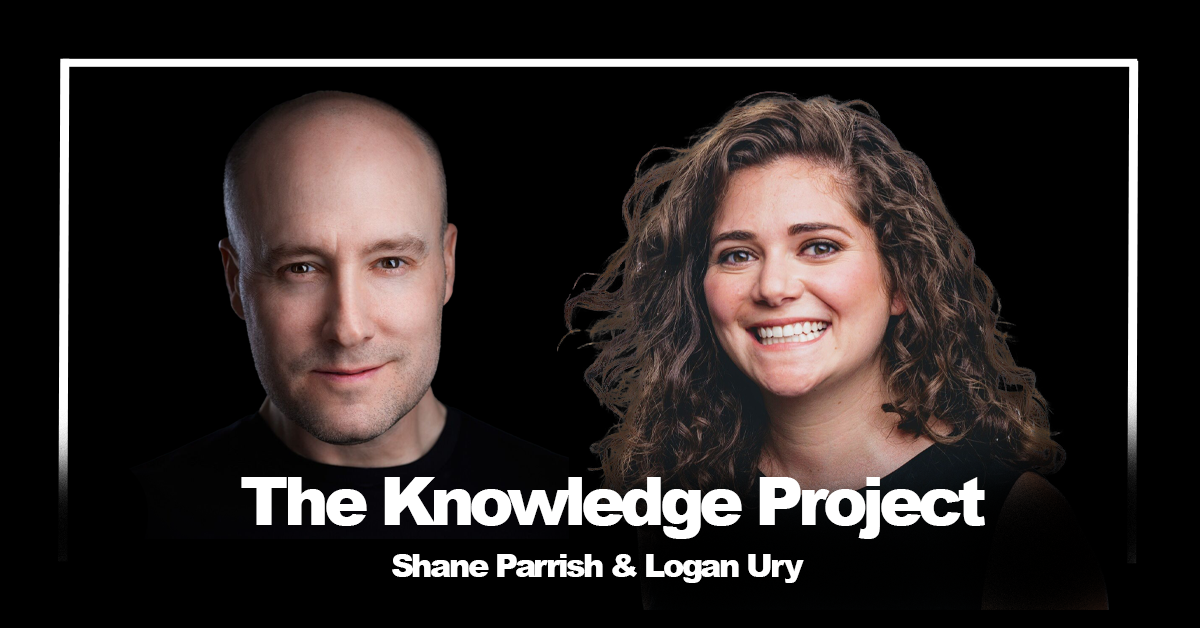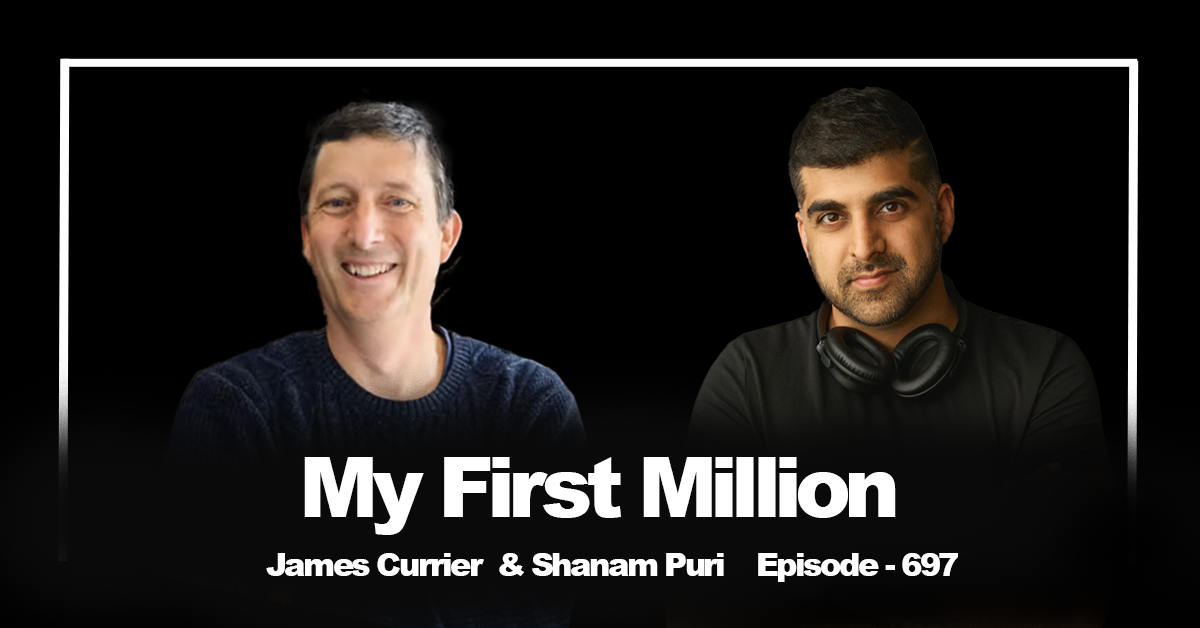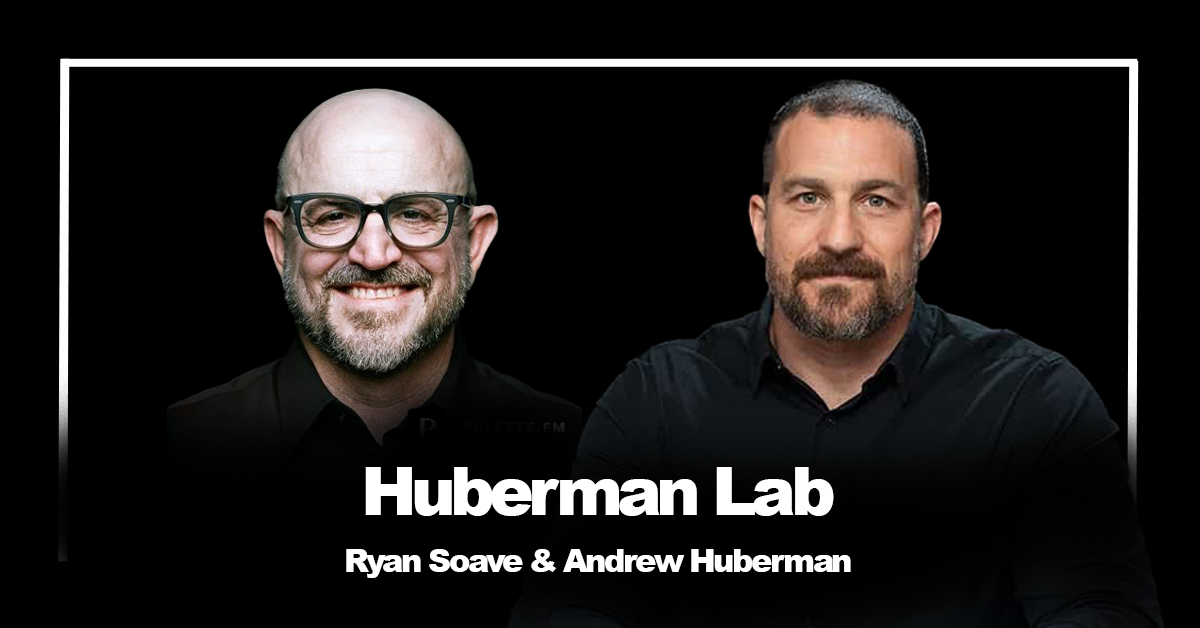1. Reframing the First Date
- Pressure Off: Instead of treating a first date like a job interview, focus on having a fun experience. Ask yourself, “Do I want to spend more time with this person?” rather than, “Is this my soulmate?”
- Spark Myths: The “spark” isn’t always a reliable indicator of long-term potential. Instant chemistry can sometimes be anxiety or a sign of a narcissistic personality. Instead, look for a slow burn—someone who grows on you over time.
- Quote: “The spark is a bit of my nemesis. Sometimes it’s just anxiety, not chemistry.”
2. The Slow Burn vs. Instant Chemistry
- Slow Burn Relationships: These are relationships where attraction and appreciation grow over time. Logan Ury shares her own story of meeting her husband, where the connection deepened gradually.
- Actionable Tip: Assume you’ll go on a second date after the first. This mindset helps you identify slow-burn potential.
3. Post-Date Reflection
- Post-Date 8: After a date, ask yourself 8 questions to evaluate the experience:
- How did I feel in my body during the date?
- Did this person make me laugh?
- Did I feel heard?
- What side of me did they bring out?
- Insight: The side of you that comes out during the date is likely the side you’ll show in a long-term relationship.
4. Attachment Styles in Dating
- Attachment Theory: There are three main attachment styles—anxious, avoidant, and secure. Anxious individuals often chase love, while avoidant individuals fear losing independence. Secure individuals balance intimacy and independence.
- Actionable Tip: If you’re anxiously attached, avoid spiraling when someone doesn’t text back. Distract yourself and remind yourself of disconfirming evidence (e.g., “They’re just busy”).
- Quote: “50% of the population is secure, but they’re often snatched up early.”
5. Dating Like a Scientist
- Hypothesis Testing: Approach dating with hypotheses (e.g., “I need to date someone tall”) and test them. You might find that what you thought was a dealbreaker (like height) isn’t as important as you thought.
- Example: A client thought she needed a tall partner but realized confidence was more important than height.
6. The Importance of Emotional Connection
- What Matters More: Long-term relationship success depends more on loyalty, emotional stability, and the ability to make hard decisions together than on shared hobbies or physical attraction.
- Insight: “A relationship is not about two instruments on their own but the music you make together.”
7. Digital Body Language
- Texting Etiquette: Double-texting is okay, but one-word answers can come off as rude. Match the other person’s momentum in texting to keep the conversation balanced.
- Actionable Tip: Be clear about your texting style early on. If you’re not a big texter, let your date know.
8. Breaking Up with Kindness
- Empathy in Breakups: When ending a relationship, be kind but firm. Avoid ghosting, as it leaves the other person in ambiguity. A simple, honest message is better than leaving them guessing.
- Quote: “86% of people say they’d rather be told the truth, even if it hurts.”
9. The Role of Vulnerability
- Vulnerability Connects: The things we think make us unlovable are often what make others feel comfortable around us. Opening up allows others to see the real you.
- Insight: “The thing we think makes us unlovable is often what makes someone feel comfortable around us.”
10. Living Near Friends
- Community Living: Living near friends can reduce stress and increase happiness. Logan shares her experience living in a communal environment, which provided support during challenging times.
- Actionable Tip: Consider proximity to friends when choosing where to live. Happiness often increases when you live within a 5-minute walk of close friends.
11. Dating Profiles That Stand Out
- Authenticity is Key: Your dating profile should tell a story about who you are. Avoid clichés and aim for a mix of humor and vulnerability. Use photos that show different aspects of your life.
- Actionable Tip: Highlight your “three big things” in your profile—key aspects of your personality or interests that you want to convey.
12. Success in Relationships
- Balance is Key: Success in relationships and life comes from balancing priorities—career, health, family, and friends. Logan defines success as not forsaking one area of life for another.
- Quote: “Success for me is balance—not forsaking my health for my career or my husband for our daughter.”
This conversation with Logan Ury is packed with actionable advice, deep insights into human behavior, and practical tips for navigating the complexities of modern dating and relationships. Whether you’re single, in a relationship, or just curious about attachment theory, there’s something here for everyone.
Share the Inspiration!
If you enjoyed these insights, please share this newsletter with friends or colleagues who might find it valuable! Your support inspires us to continue delivering actionable takeaways for your success.
Thank you for being part of our journey! 😊





